Rom Coms, Love, And Emotional Damage
Crazy, Stupid, Love (2011)
Crazy, Stupid, Love. (2011) is a romantic comedy-drama directed by Glenn Ficarra and John Requa, and it’s honestly one of the gems of modern rom-com cinema. It stars an incredible ensemble cast, including Steve Carell, Ryan Gosling, Julianne Moore, Emma Stone, and Kevin Bacon.
Plot Overview:
The movie kicks off with Cal Weaver (Steve Carell), a middle-aged, suburban dad whose world comes crashing down when his wife, Emily (Julianne Moore), confesses she’s cheated on him and wants a divorce. Devastated and awkwardly thrown back into the dating scene, Cal meets Jacob Palmer (Ryan Gosling)—a suave, effortlessly cool womanizer who decides to take Cal under his wing and transform him into a confident, stylish ladies’ man.
Meanwhile, Jacob himself gets a taste of vulnerability when he meets Hannah (Emma Stone), a quick-witted law student who refuses to fall for his usual tricks. And let’s not forget the subplot where Cal’s son, Robbie (Jonah Bobo), is hopelessly in love with his babysitter Jessica (Analeigh Tipton), who, in a classic twist, has a crush on Cal.
Key Themes:
- Love in All Its Messy Forms: The movie explores love as something chaotic, unpredictable, and often irrational.
- Self-Discovery: Cal, Jacob, and even Emily learn a lot about themselves through their relationships.
- Generational Perspectives on Love: From young Robbie’s innocent crush to Jacob’s suave bachelor lifestyle to Cal and Emily’s long-term marriage struggles, the movie paints a wide spectrum of love.
Iconic Moments:
- “Hey, Girl…” The moment Hannah breaks Jacob’s smooth operator facade and turns him into an adorably vulnerable mess.
- The Dirty Dancing Lift Scene: Ryan Gosling and Emma Stone recreating that iconic lift? Pure cinematic magic.
- The Backyard Confrontation: When all the plotlines hilariously collide in one chaotic showdown.
The Characters:
- Cal Weaver: Steve Carell nails the role of the heartbroken yet earnest everyman trying to rediscover himself.
- Jacob Palmer: Ryan Gosling blends charm, humor, and surprising depth, making Jacob one of his most beloved roles.
- Hannah: Emma Stone brings her signature wit and charisma, elevating every scene she’s in.
- Emily Weaver: Julianne Moore adds emotional weight to Emily, showing the struggles of love and regret in long-term relationships.
Why It Stands Out:
Crazy, Stupid, Love. isn’t just a comedy—it’s a thoughtful exploration of how love evolves, falters, and ultimately endures. It’s hilarious without losing emotional sincerity, and heartfelt without being overly saccharine.
Plus, let’s be real—Ryan Gosling’s abs deserved their own billing in the credits.
Whether you’re watching for the humor, the romance, or just the sheer brilliance of that ensemble cast, Crazy, Stupid, Love. remains one of the most rewatchable rom-coms of the last decade.
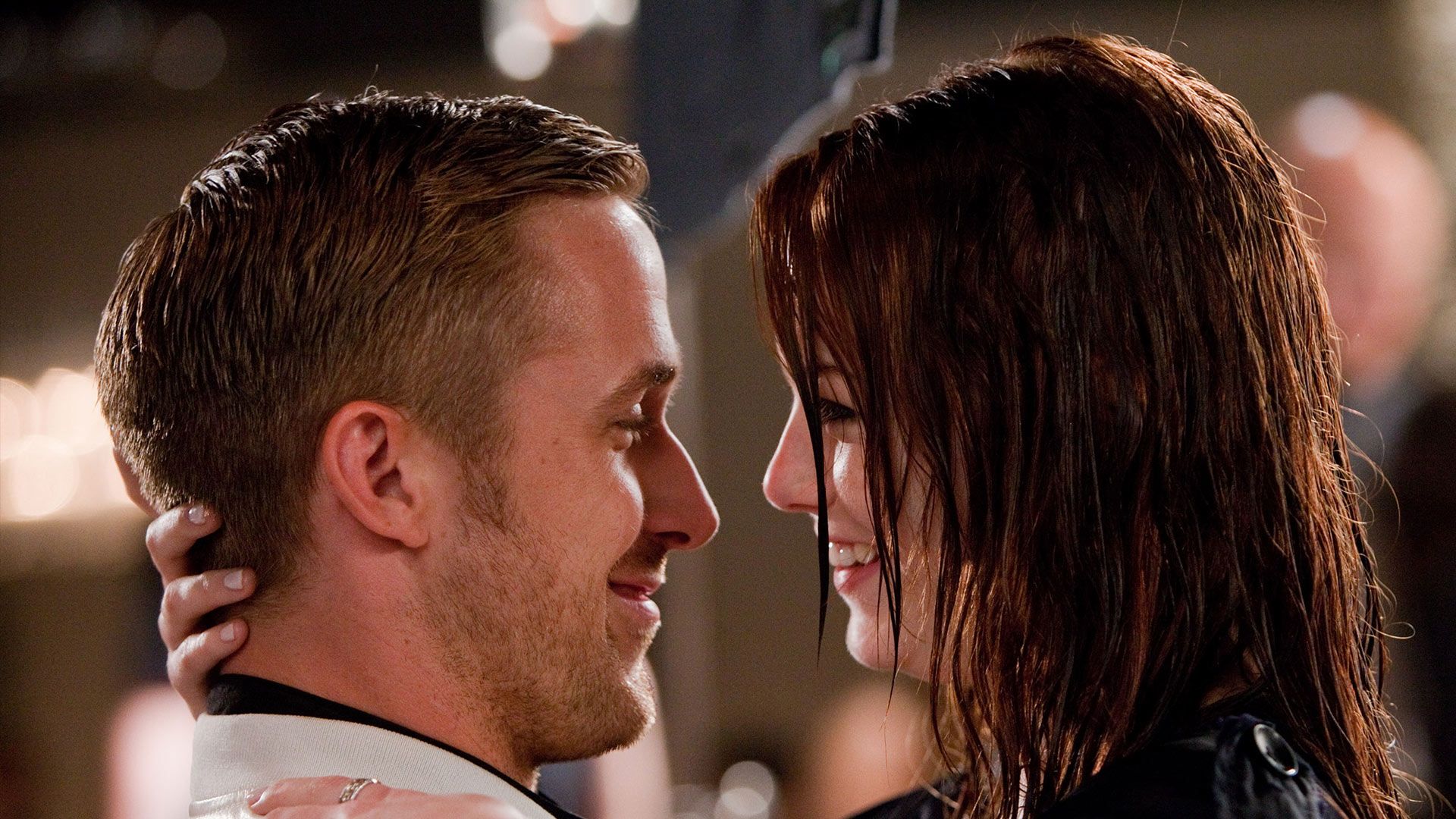
The Girl Next Door (2004)
The Girl Next Door (2004) directed by Luke Greenfield, this teen romantic comedy stars Emile Hirsch as Matthew Kidman and Elisha Cuthbert as Danielle. It’s a blend of coming-of-age sweetness, romantic charm, and a surprising dose of edgy humor.
Plot Overview:
Matthew Kidman is your classic overachieving high school senior—a straight-A student with dreams of a bright political future but absolutely zero social life. Enter Danielle, the stunning and mysterious girl who moves in next door. Matthew falls for her almost instantly, and their whirlwind romance begins.
But here’s the twist—Matthew discovers that Danielle used to be an adult film actress. Chaos, comedy, and surprisingly heartfelt moments ensue as Matthew tries to navigate his feelings for Danielle while dealing with her sleazy ex-producer, Kelly (Timothy Olyphant).
Key Themes:
- Coming of Age: Matthew’s journey isn’t just about romance; it’s about breaking free from his comfort zone and discovering who he really is.
- Judgment and Redemption: The movie tackles societal stigmas and how people deserve second chances, no matter their past.
- Risk and Reward: The story emphasizes taking chances in life and love, even when the stakes are high.
Notable Moments:
- Matthew and Danielle’s First Date: A mix of innocence and allure, it sets the tone for their electric chemistry.
- The Adult Film Convention Scene: A hilarious yet awkward moment where Matthew steps way out of his comfort zone.
- The Final Speech: Matthew’s big speech at the scholarship ceremony is a perfect wrap-up of his journey.
The Chemistry:
Emile Hirsch delivers an earnest and relatable performance as Matthew, balancing nerdy awkwardness with moments of genuine bravery. Elisha Cuthbert shines as Danielle, effortlessly blending allure, vulnerability, and warmth. Their on-screen chemistry feels authentic and makes their romance believable despite the wild premise.
The Villain We Love to Hate:
Timothy Olyphant as Kelly is chef’s kiss perfect. He’s charming, slimy, and just menacing enough to be a real threat while still being hilarious.
Why It Stands Out:
At first glance, The Girl Next Door might seem like just another raunchy teen comedy, but it surprises with emotional depth, relatable character arcs, and a message about breaking free from societal expectations. It’s not just about teenage hormones—it’s about love, trust, and daring to take risks.
Whether you watch it for the laughs, the romance, or the sheer nostalgia of early 2000s teen comedies, The Girl Next Door remains a cult favorite. And hey, who doesn’t love a movie where the nerdy kid gets the girl and learns a life lesson along the way?
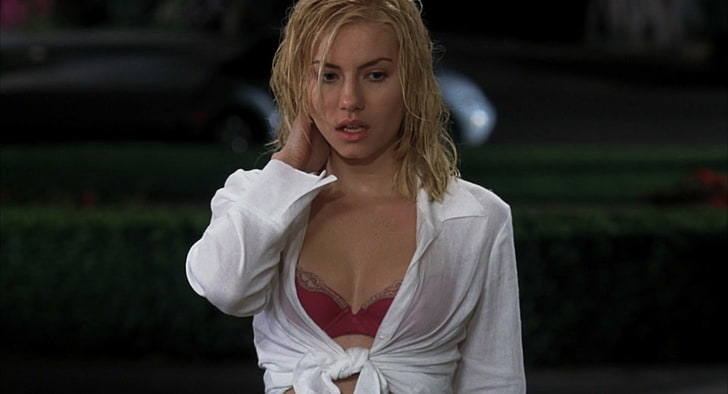
Friends With Benefits (2011)
Friends with Benefits (2011) is a romantic comedy directed by Will Gluck, starring Justin Timberlake as Dylan Harper and Mila Kunis as Jamie Rellis. It’s a witty, modern take on romance that explores whether two people can maintain a purely physical relationship without catching those pesky little things called feelings. Spoiler: They can’t.
Plot Overview:
Dylan, a talented art director from Los Angeles, is recruited by Jamie, a charismatic headhunter in New York City, to work for GQ Magazine. Bonding over their mutual cynicism about love and relationships, they decide to keep things simple: sex without emotional attachment. Of course, in true rom-com fashion, their arrangement becomes complicated when real feelings start creeping in.
Key Themes:
- The Modern Dating Scene: The movie pokes fun at the unrealistic romantic ideals set by traditional rom-coms while still embracing those very clichés.
- Emotional Vulnerability: Both Dylan and Jamie hide behind humor and casual encounters to protect themselves from past heartbreaks.
- Friendship vs. Romance: The story highlights the importance of genuine connection as a foundation for love.
Notable Moments:
- That “Closing Time” flash mob scene in Grand Central Station? Iconic.
- Jamie’s emotional breakdown in front of Dylan after realizing her casual relationship isn’t so casual anymore.
- Dylan’s heartfelt speech on the rooftop about why Jamie deserves love is peak rom-com gold.
Chemistry and Performances:
Timberlake and Kunis have electric chemistry, delivering quick-witted banter and emotional depth with equal finesse. Their dynamic feels natural, playful, and refreshingly honest.
The Humor:
The movie is packed with snappy one-liners, pop-culture references, and self-aware humor that mocks typical rom-com tropes (while secretly loving them). Plus, Woody Harrelson as the hilariously blunt sports editor steals every scene he’s in.
Why It Stands Out:
Friends with Benefits isn’t just about the laughs or the steamy moments—it’s about two people learning to trust and love again, even when they swore off romance. It balances lighthearted comedy with genuine emotional resonance, making it a standout in the romantic comedy genre.
If you’re looking for a rom-com that’s sharp, funny, and doesn’t take itself too seriously, Friends with Benefits is your go-to. Just… maybe don’t try their arrangement in real life unless you’re prepared for the feels.
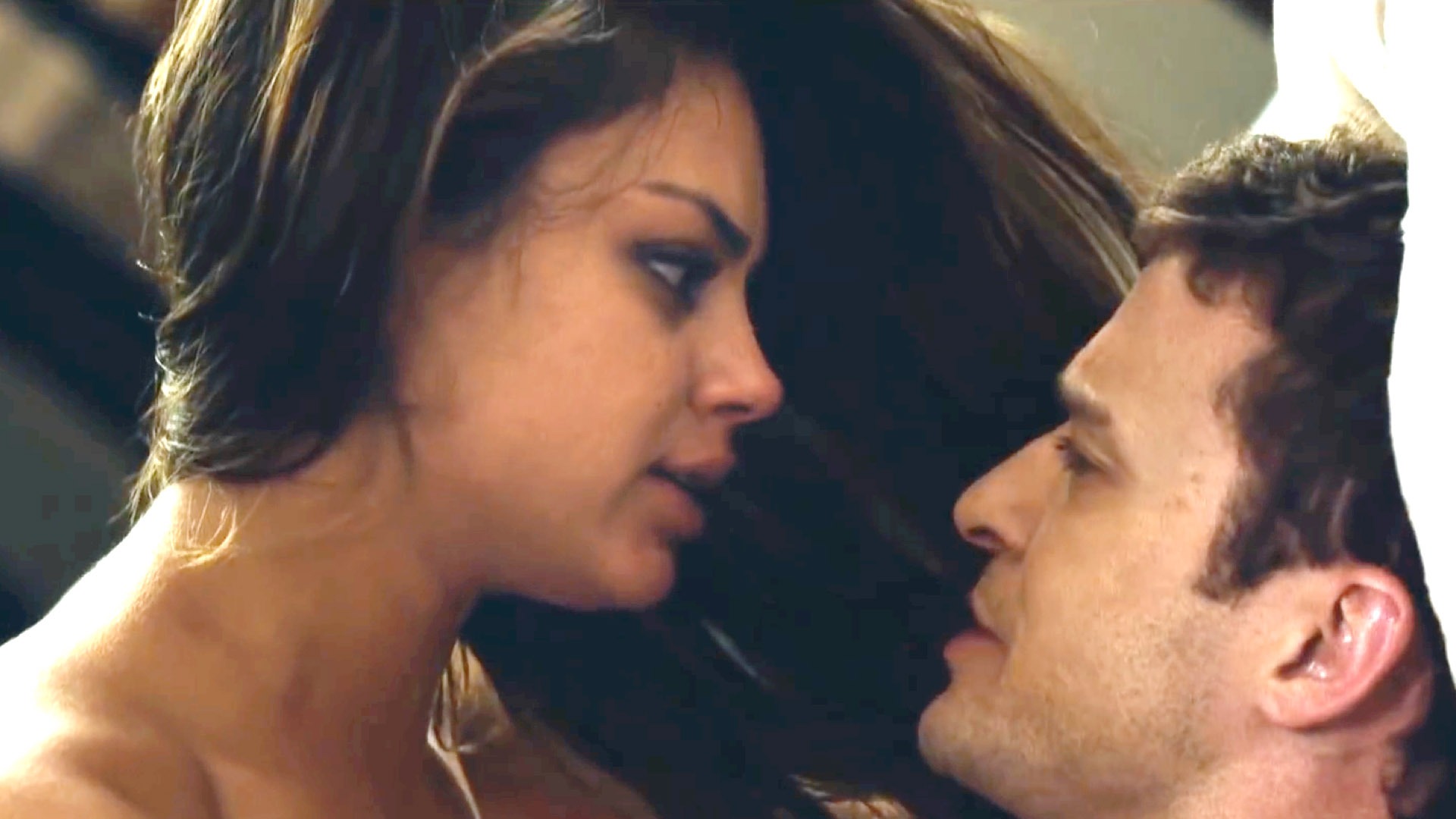
Love & Other Drugs (2010)
Love and Other Drugs (2010) is a romantic drama directed by Edward Zwick, starring Jake Gyllenhaal as Jamie Randall and Anne Hathaway as Maggie Murdock. The film blends romance, comedy, and emotional depth while exploring themes of love, vulnerability, and the impact of illness on relationships.
Plot Overview:
Jamie Randall is a charming pharmaceutical salesman who excels at charming doctors and women alike. During his sales rounds, he meets Maggie, a free-spirited artist living with early-onset Parkinson’s disease. The two embark on a passionate, no-strings-attached relationship, but their bond grows deeper as they face the realities of Maggie’s illness and Jamie’s struggle with commitment.
Key Themes:
- The Fragility of Love and Health: The film explores how illness can test the strength of love and vulnerability in relationships.
- Emotional Barriers: Both Jamie and Maggie begin their relationship guarded, but their connection forces them to confront their fears of intimacy and loss.
- Pharmaceutical Industry Critique: The movie also lightly touches on the morally gray world of pharmaceutical sales, particularly with the rise of drugs like Viagra.
Notable Moments:
- The scene where Jamie breaks down, realizing he can’t “fix” Maggie’s condition, is an emotional gut punch.
- Maggie’s vulnerability in expressing her fear of being a burden is raw and beautifully performed by Anne Hathaway.
- The playful and intimate chemistry between Gyllenhaal and Hathaway adds authenticity to their relationship.
Soundtrack and Tone:
The film’s soundtrack perfectly complements its bittersweet tone, with a mix of tender, melancholic, and hopeful tracks.
Why It Stands Out:
While Love and Other Drugs follows a familiar romantic formula, its raw vulnerability, emotional weight, and standout performances by Gyllenhaal and Hathaway elevate it. It’s not just a love story—it’s about accepting imperfections, both in ourselves and those we love.
If you’re ready for a romance with equal parts humor, heartache, and hope, Love and Other Drugs delivers beautifully.
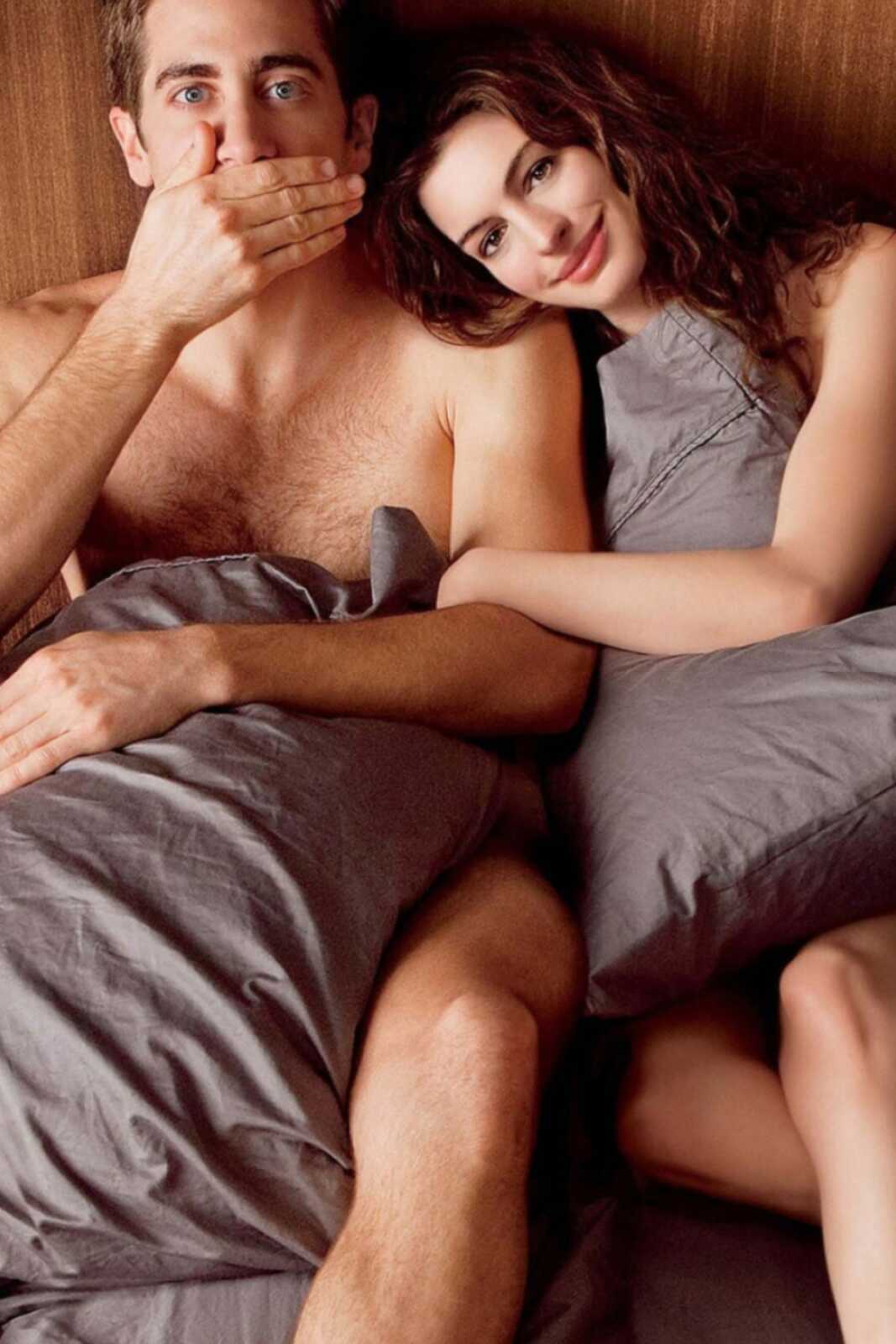
No Strings Attached (2011)
No Strings Attached (2011) is a romantic comedy directed by Ivan Reitman, starring Natalie Portman as Emma and Ashton Kutcher as Adam. The movie explores the concept of a purely physical relationship without the emotional complications of a traditional romance.
Plot Overview:
Emma and Adam, long-time acquaintances, decide to embark on a no-strings-attached relationship, where they agree to keep things strictly physical. However, as they spend more time together, lines blur, and feelings inevitably creep in. The film humorously and heartwarmingly examines whether such an arrangement can ever truly remain emotion-free.
Key Themes:
- Modern Relationships: The film reflects the complexities of dating in a fast-paced, emotionally hesitant world.
- Fear of Vulnerability: Emma’s character struggles with emotional intimacy due to past traumas, while Adam wears his heart on his sleeve.
- Friendship and Love: It showcases how deep connections often grow from casual beginnings.
Notable Moments:
- The witty banter between Emma and Adam keeps the film lighthearted.
- The scene where Adam brings Emma a “period care package” stands out for its humor and sweetness.
- The climax, where Emma finally admits her feelings, wraps up the story with satisfying emotional closure.
Soundtrack and Tone:
The soundtrack is playful and modern, complementing the youthful and comedic vibe of the movie.
While No Strings Attached doesn’t reinvent the romantic comedy genre, it delivers charm, laughs, and a dose of relatable modern love dilemmas. If you’re in the mood for something sweet with a sprinkle of sass, it’s definitely worth a watch!

Final Word
Well, well, well, we made it, folks. Ten rom-coms later, and you’re still here—clinging to your screen like it’s Ryan Gosling’s abs or Kate Hudson’s smile. I’m proud of you. Honestly, I thought half of you would’ve rage-quit by movie #5 when I started comparing relationships to microwave pizza(spoiler to those who didn’t read: I didn’t).
But here we are. We laughed, we cried, we questioned why Ashton Kutcher always looks like he’s three missed naps away from a breakdown. We’ve learned life-changing lessons like “Love always wins” and “Don’t trust Matthew McConaughey around motorcycles”. And most importantly, we discovered that if you stare at someone long enough with a tragic backstory and soft indie music playing in the background, they’re contractually obligated to fall in love with you.
Rom-coms might be cheesy, predictable, and occasionally feature grown adults making decisions that even a toddler on a sugar high would reconsider—but damn, if they don’t hit you right in the feels factory.
So, whether you’re watching these classics alone, with your significant other, or clutching a body pillow you named “Steve”—just remember: Love is real… in movies. And that’s good enough for me.
Now go on, pour yourself a glass of cheap wine, light a candle, and let those serotonin levels spike because romance might be dead in your DMs, but it’s alive and well in Hollywood.
Cue the closing credits, roll the cheesy pop song, and someone throw me a blanket because this Reaper is emotionally compromised.
Discover more from Ge-erdy Verse
Subscribe to get the latest posts sent to your email.
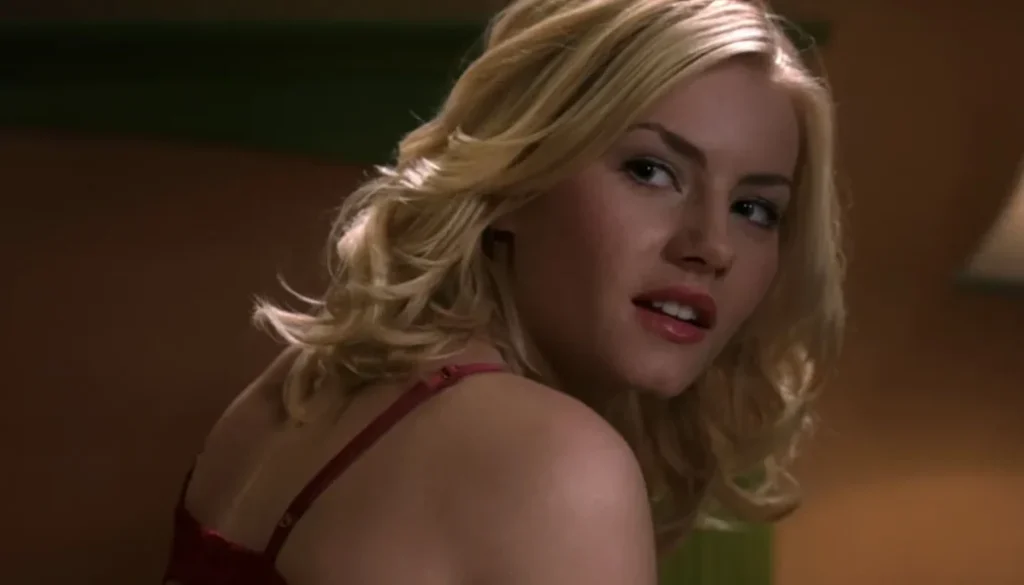
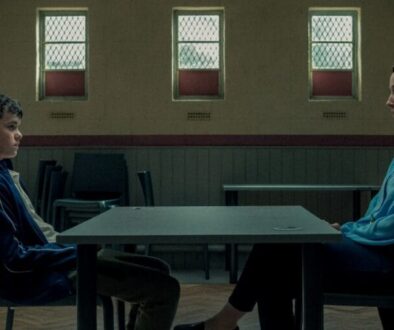
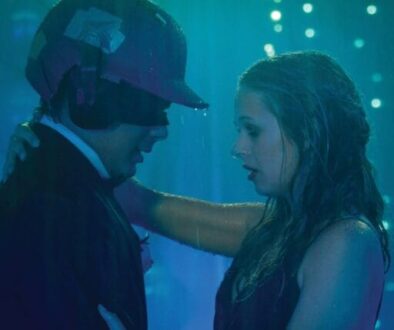
![20250325_223818-COLLAGE[1] 20250325_223818-COLLAGE[1]](https://geerdyverse.com/wp-content/uploads/2025/03/20250325_223818-COLLAGE1-1024x769-394x330.jpg)